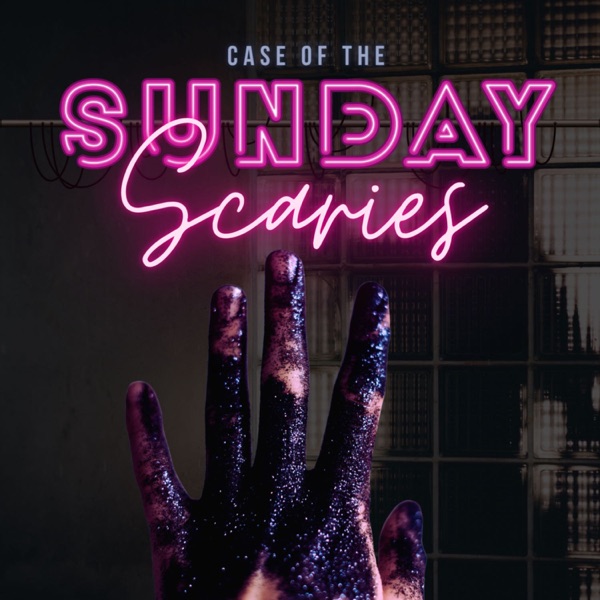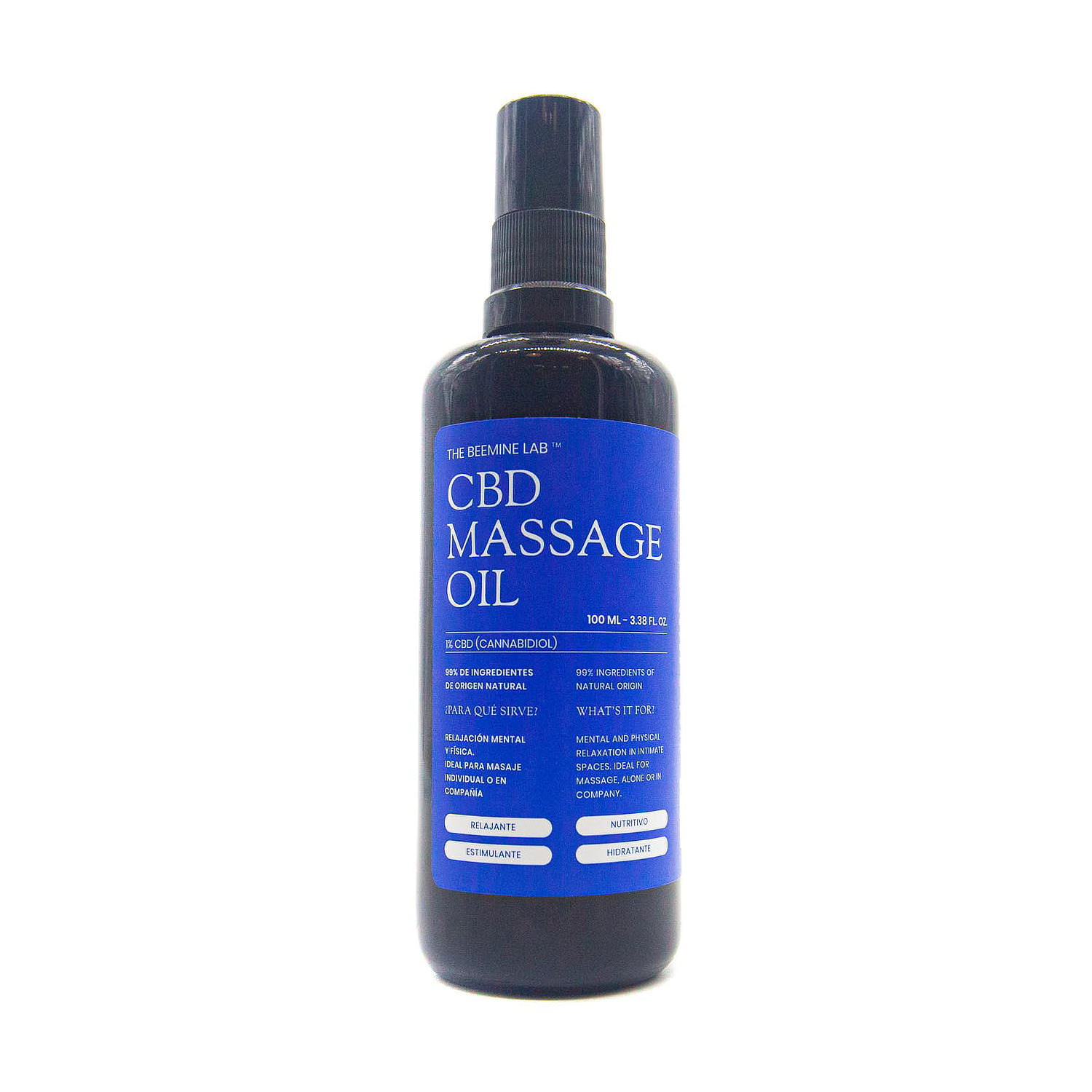
Water Soluble CBD, a form of CBD, is available in dropform in water. 60 drops per bottle are contained in 30 mL bottles. The recommended dosage is two servings per day. It should last approximately one month. But, if it's used less often, it may last longer.
Bioavailability
Water-soluble CBD is an option for consumers who would like to get the benefits of CBD but don't want to ingest it orally. CBD water-soluble is found in beverages and edibles. Its bioavailability rate is greater than that of the oil-based CBD. This means it will reach the intended site in the body sooner.
Because it is soluble in water, CBD is highly bioavailable. This means that CBD is more affordable and has a higher level of potency. It also means less need for other oils. This method has yet to be tested. Ojai Energetics' method claims to increase CBD’s bioavailability. Curcuminoids, which are water-soluble, have the same molecular mass as cannabinoids. They can be made up to 8x more bioavailable when they are in colloidal or liposomal form.
Shelf life
There is no standard for the shelf-life of water-soluble CBD products. It can vary from product to product. The average shelf life of a product is approximately one to two years. However, some products may last longer. To extend the shelf life of your product, it must be kept out of direct sunlight and at room temperature.

Water-soluble CBD products have a longer shelf-life than oil-based CBD. It's also easier to mix with beverages and food products. The best thing about water-soluble CBD is the better taste. For those who are looking for a quick and easy way to take CBD before going to bed, you can look into water-soluble CBD.
Health benefits
CBD products that are water-soluble cannabinoids will be more easily absorbed by the body. This is because the animal body is primarily composed of water. Oil-based products might suffer from "first pass metabolism," which means that they require more digestion work to absorb. On the contrary, water-soluble CBD compounds dissolve quickly in your body and spread all over the system.
Water-soluble CBD is made by breaking CBD into nanoemulsions, which are microscopic droplets that are water-compatible. These nanoparticles have lower surfactants and are visually homogeneous. Water-soluble CBD has a higher effectiveness than oil-based CBD.
Cannabinoids in water-soluble forms
Water-soluble CBD can be absorbed faster and more efficiently than oil-based CBD. A water-soluble CBD formulation is more bioavailable than an oil-based one, due to the fact that 60% of our bodies are water-based. Water-soluble CBD products contain nanoemulsions made of bioactive cannabinoids carrier oils and water. They provide fast-acting relief without the greasy or unpleasant taste.
A water-soluble CBD formulation could contain as little as 0.1% by weight. You may find 10% or 15% of it. Water-soluble formulations can also include other components like flavoring, preservatives, antioxidants, and soluble excipients.

Alternatives to CBD-based on oil
Alternatives to CBD-based products that are oil-based are available for those who prefer to use topical solutions. But, these topical treatments can be dangerous. Some carrier oils can cause allergic reactions, while some ingredients can cause skin reactions when exposed to the sun. Because of this, you should read product labels carefully and test a small amount on your skin before using it on your entire body.
CBD oils work best when taken sublingually. To take CBD oil sublingually, you should hold a drop under your tongue for at least 30 seconds. This will enable the oil to reach the bloodstream through the capillaries below the tongue. This means that the CBD oil molecules are more rapidly absorbed into the body because they do not have to pass through the digestive process.
FAQ
Is CBD a good company to invest?
As hemp-based products gain popularity, so does the market. According to some estimates, there will be 1 billion dollars worth of hemp-based products in stores by 2022.
Market growth is expected at an annual rate in excess of 20% up to 2020, when it will reach $2.5Billion.
Hemp oil can be found in many beauty and health products, including lotions, shampoos and lip balms, moisturizers and body butters.
A number of companies produce CBD-infused beverages, pet foods, dog treats, snacks, and other food items.
CBD is currently legal in all 50 US states. This may change quickly. CBD will become more widely used as a legal substance in the future. This will allow businesses to be more legally able to do business.
With all these factors in mind it is clear that CBD investing can prove to be a lucrative venture.
Are CBD companies a good investment?
It depends on what you're looking for in a solution to this question. If you are looking for a way to make some money, yes. But, if the goal is to help people, then no. Because there are other ways you can do it without spending $20k.
Is there a saturation in the CBD market?
CBD is growing at a rate of more than 25% per year. This growth is expected to continue for at least another five years. The industry is forecast to grow from $2 Billion to $5 Billion by 2020.
Two companies currently dominate the CBD market - GW Pharmaceuticals & Canndoc Ltd. Both companies focus on developing high-quality pharmaceutical-grade products. They haven't been very successful so far. Both are struggling in the marketplace to gain traction.
Cannabidiol (CBD), an extract from cannabis, contains less than 0.3% THC. It doesn't produce any psychoactive effects. It is used to treat epilepsy and other conditions. It can also be used as a dietary supplement.
There are many varieties of CBD products. Some CBD products can be made with whole plant extracts and others, such as CBD.
All these products have in common that they contain low levels of THC.
These products are legal under US federal law. However, this doesn't mean that you don't need to follow local laws when selling CBD products. You should always verify your state's regulations for the sale of CBD products.
Additionally, CBD products can be illegal in several states. These include California, Colorado, Florida, Mississippi, Missouri, New York, North Carolina, Ohio, Oklahoma, Oregon, Pennsylvania, Rhode Island, South Dakota, Texas, Utah, Virginia, Washington, and Wisconsin.
CBD products shouldn't be used if you live in any of these states.
What conditions are treated by CBD?
The most important thing for any treatment to have an effect on is the person's health condition. If you're using cannabis oil for medicinal purposes, a doctor must approve. Without a prescription from a physician, it is illegal for you to use cannabis products.
You don't need a prescription if you use cannabis oil to support a healthy lifestyle. You should talk to your doctor to confirm that cannabis oil is safe to be taken.
You can make cannabis oils from whole plant extracts, or isolated compounds called Cannabinoids (THC or CBN). They contain many different types of cannabinoids, such as cannabidiol (CBD), tetrahydrocannabinol (THC), and cannabinol (CBN).
These components interact with the receptors in the body to produce pain relief, stress management, anti-inflammatory and antioxidant effects.
How can companies successfully market CBD products in a regulation-compliant manner?
The FDA does no regulate hemp as a crop commodity. However, the agency regulates all other cannabis derivatives (e.g., marijuana) under the Controlled Substances Act. There are currently no regulations regarding CBD.
CBD is legal at state level in 29 US states. Federal law considers it illegal. Businesses that want to sell CBD products face uncertainty.
The FDA also maintains strict guidelines on how CBD products may be marketed. For example, they must clearly disclose any product's THC content. Companies cannot claim CBD is effective in treating certain medical conditions without supporting evidence.
Additionally, the FDA requires manufacturers submit information about manufacturing practices and quality control. Companies are also required to participate in clinical trials in order to demonstrate safety and efficacy.
These are important considerations for companies when creating their marketing strategies.
How big is the global CBD market?
According to Euromonitor International, the global CBD market was worth $US 3.5 Billion in 2015. This represents an increase of over 10% from 2014.
The report forecasts this figure to reach $US 6.4 billion by 2020, representing an average annual growth rate of 12%.
CBD products are expected account for about half of all hemp products worldwide by 2020.
This includes CBD oils.
How much CBD should I use?
The type of product you are buying will determine how much dosing is required.
CBD oils come in a variety of strengths, ranging from 100mg-1000mg per bottle.
There are many companies that make CBD products in very specific dosages. For example, 25mg, 50mg or 75mg.
Charlotte's Web, for example, makes CBD products that contain precise amounts of CBD.
You can start slowly if you aren't sure if CBD will work for your needs.
You can always go up later.
Statistics
- HR −16 mmHg; 95% CI −26, −6; I2 = 92%) (ncbi.nlm.nih.gov)
- OralWhere HED is the human equivalent dose, and Km is a correction factor estimated by dividing the average body mass (BM) of the species (60, 0.020, and 0.150 kg for 11 humans, mice, and rats, respectively) and by its surface area (see: Nair et al. (ncbi.nlm.nih.gov)
- however, one study also found that these effects were virtually abolished when the original media (a nutrient broth agar) was replaced with one containing 5% blood (increasing the minimum concentration to ~160 μM CBD) [179]. (ncbi.nlm.nih.gov)
- As a substance that was federally illegal before the passage of the 2018 Farm Bill, hemp-derived cannabinoids with no more than 0.3% THC still face a regulatory grey area. (forbes.com)
- CBD seems unlikely to directly influence sleep in healthy humans [115] (and maybe “sleep-promoting” in those with certain comorbid conditions) (ncbi.nlm.nih.gov)
External Links
How To
How to become certified for selling CBD products
One of many cannabinoids found within cannabis plants is CBD (cannabidiol). It's been used medicinally throughout history, including traditionally in China, India, and many South American countries. Its ability to treat anxiety, pain and epilepsy has led to it becoming increasingly popular in recent years. The U.S. does not have an official certification program yet for CBD products. Therefore, anyone wanting to make a living selling CBD products must rely on their "unofficial" self-certification.
You have two options. The first is to join a local association of canna-business owners. By joining a local association of canna-business owners, you will be able to learn from others and receive support and advice. There are currently dozens of associations around the country. The second option is to take your business online. Online canna-businesses are now allowed in most states. If your state allows online canna-businesses, you can immediately set up a website and begin accepting orders. But, you still need to register with your state's Department of Public Health. Once you have been registered, you will be able apply for a state license through the department of public health. After receiving your license, you are legally allowed to open a store and start accepting orders.